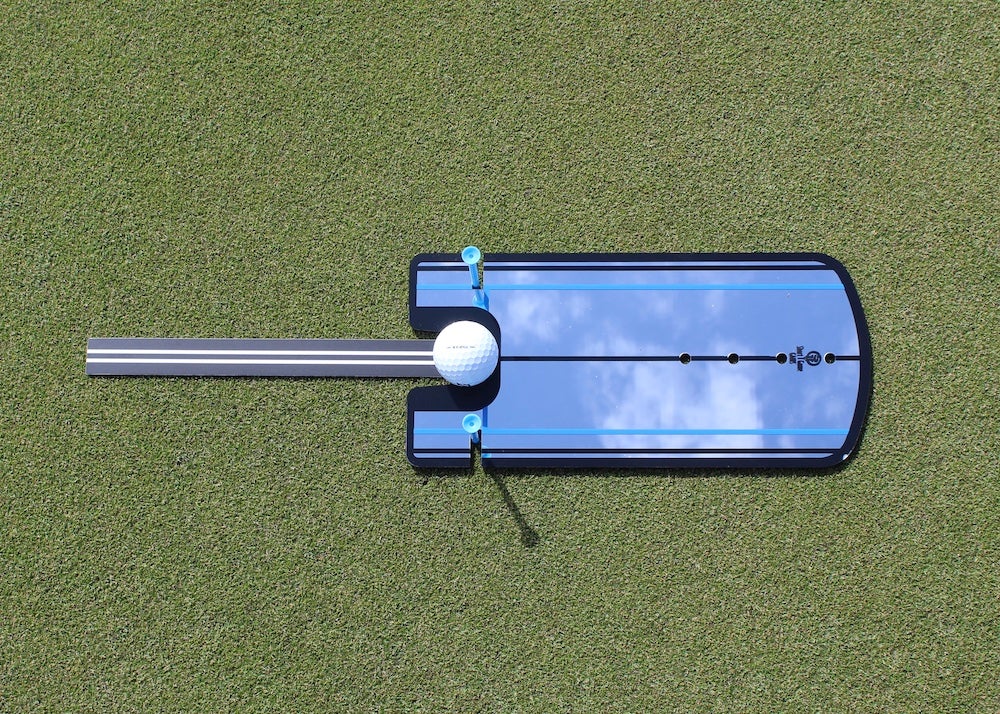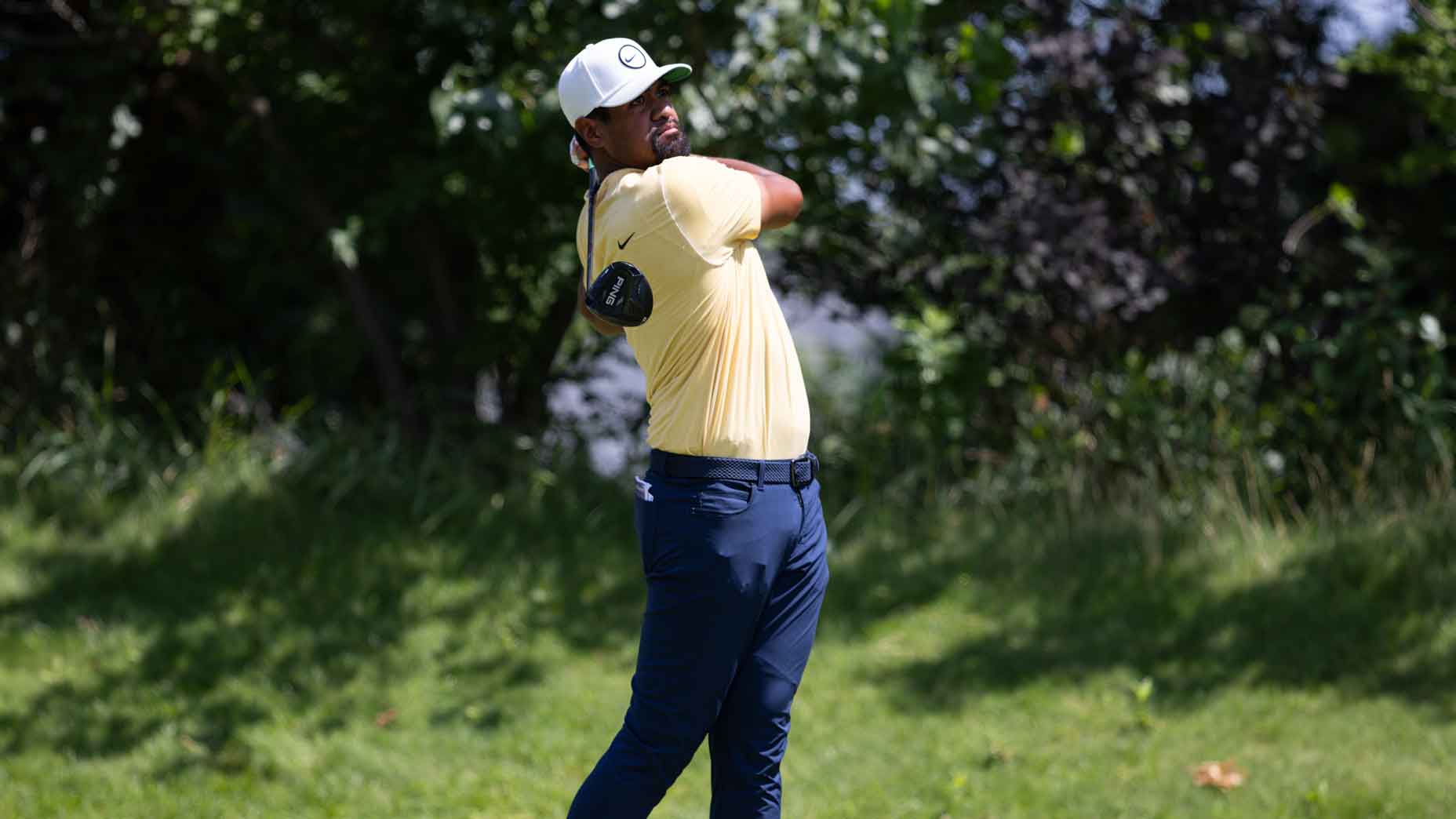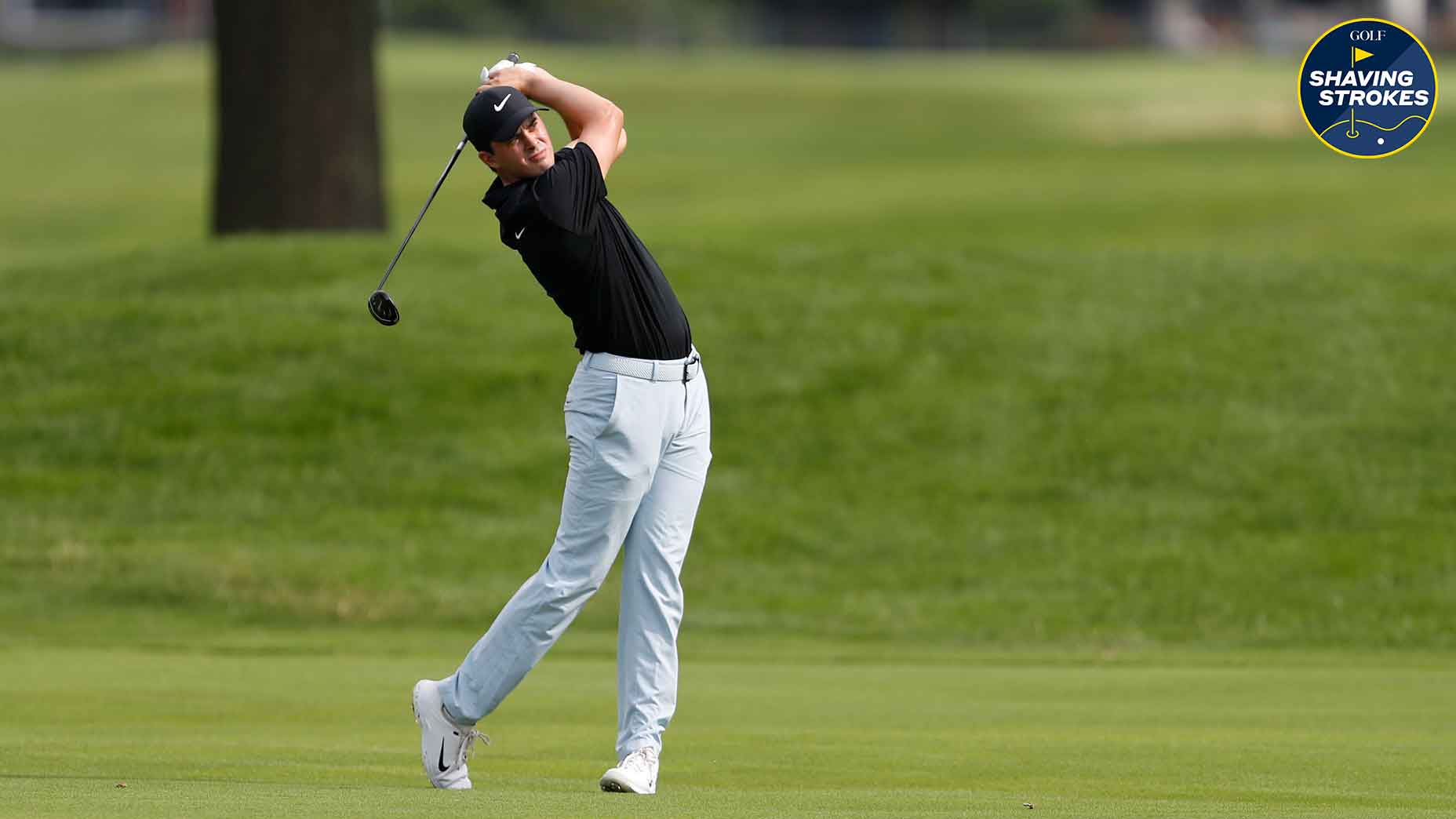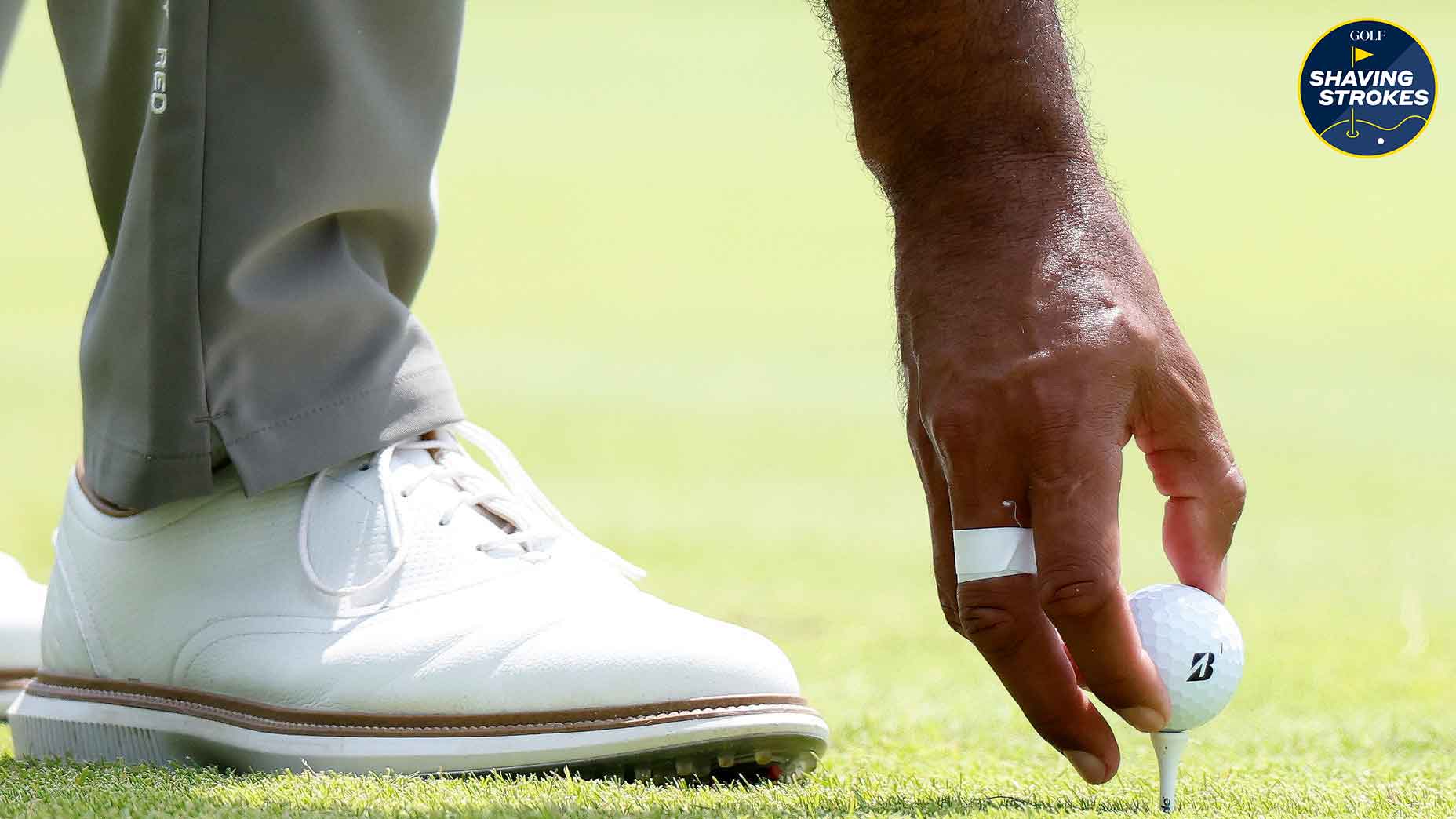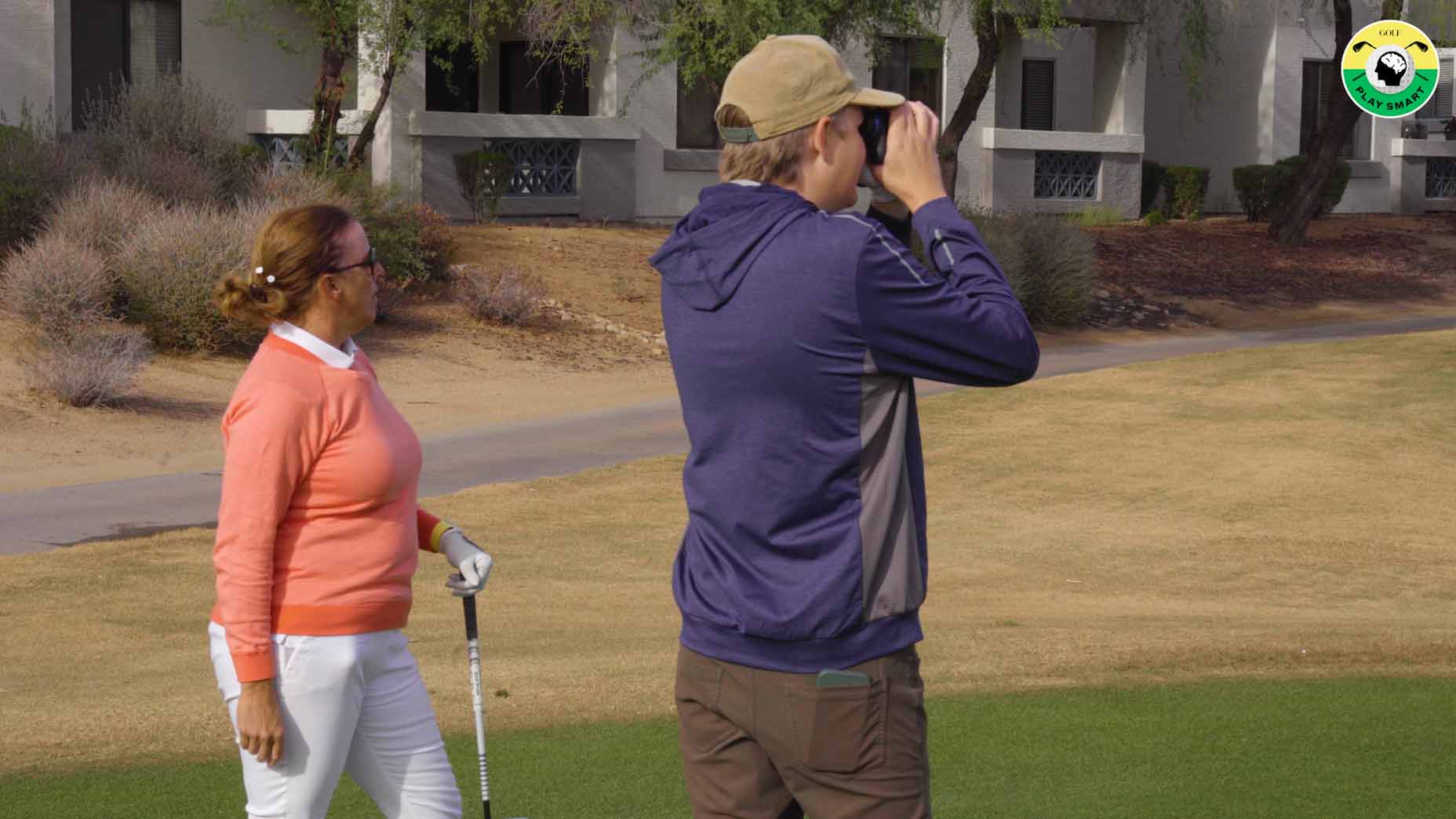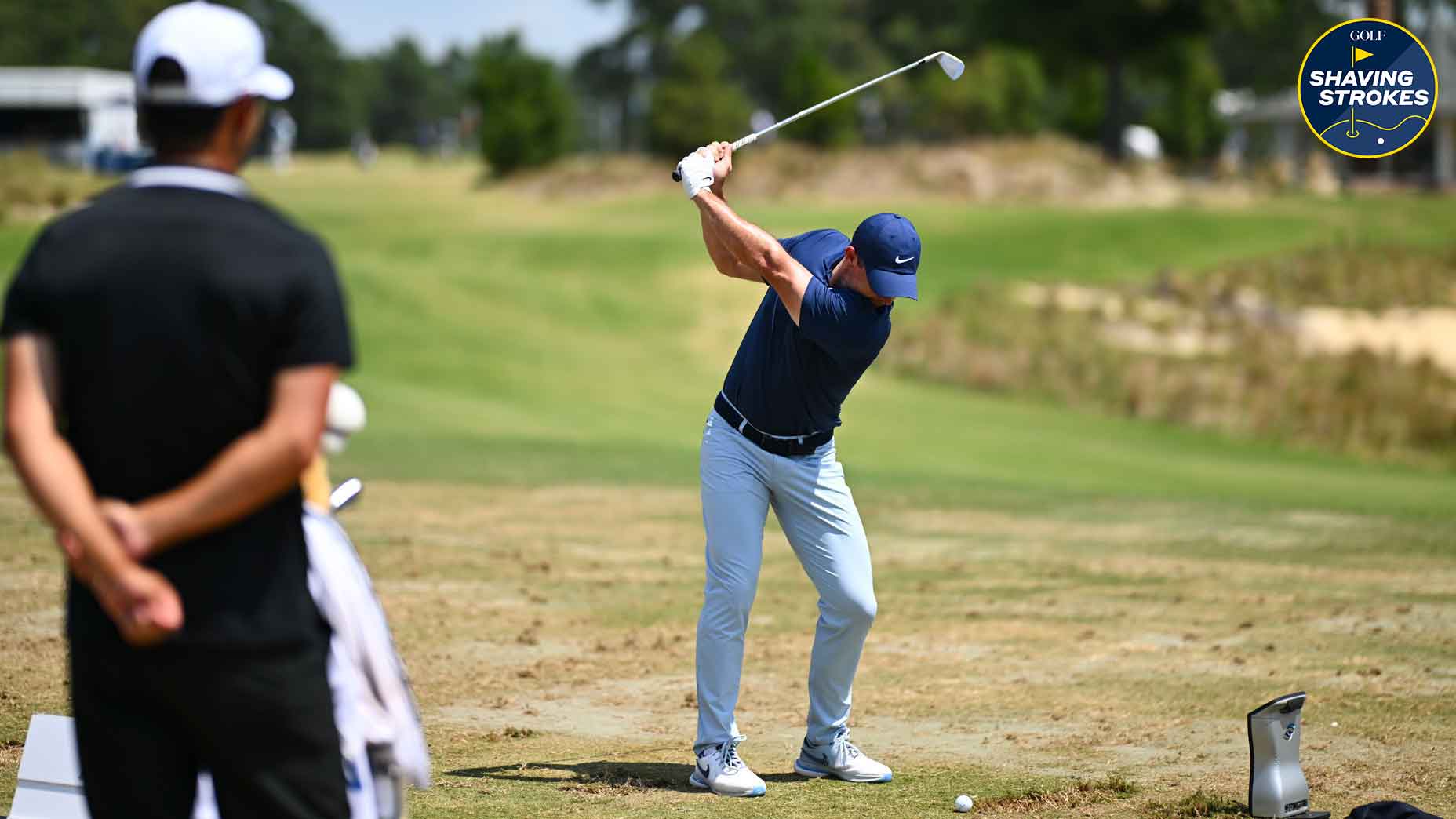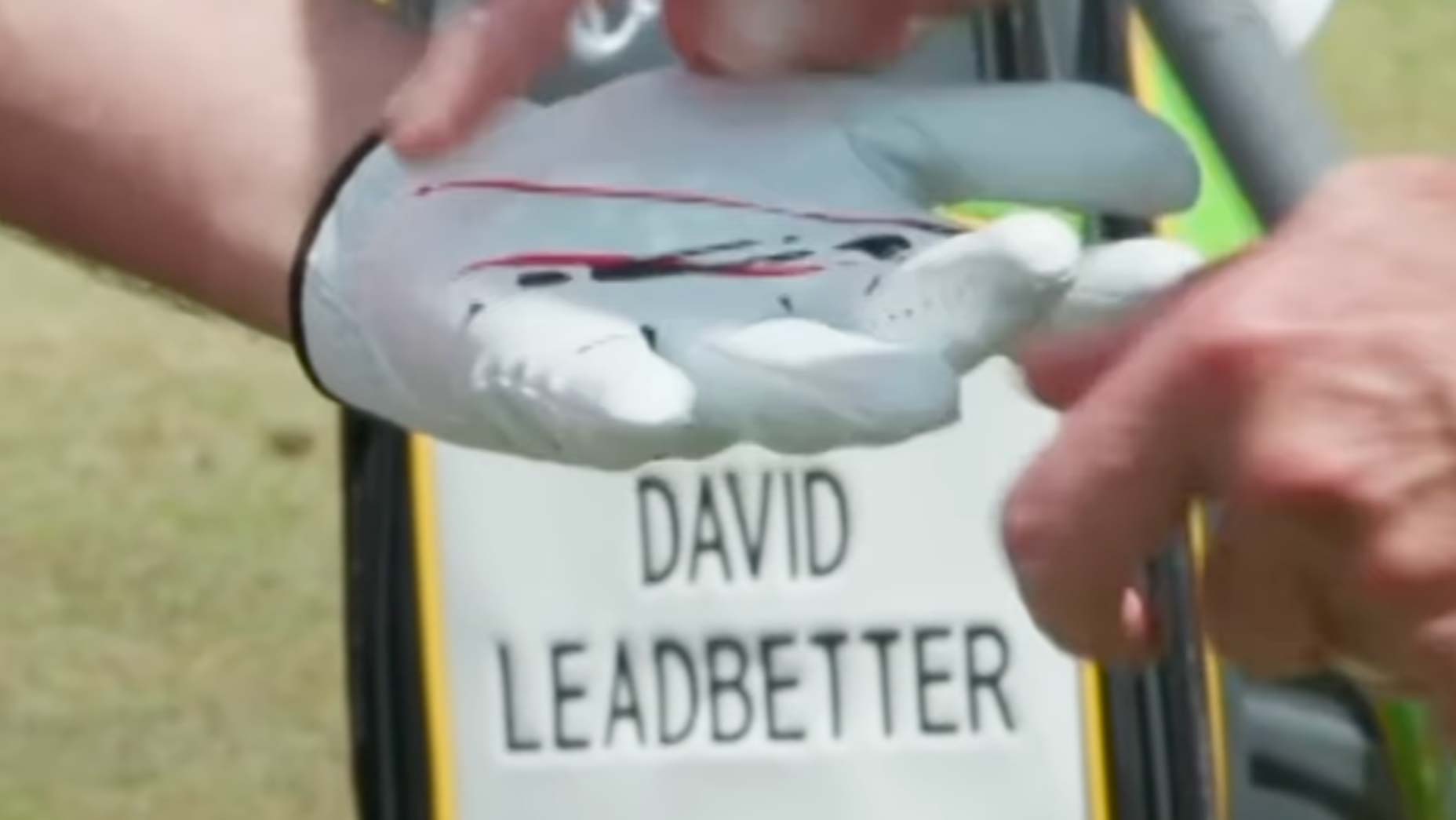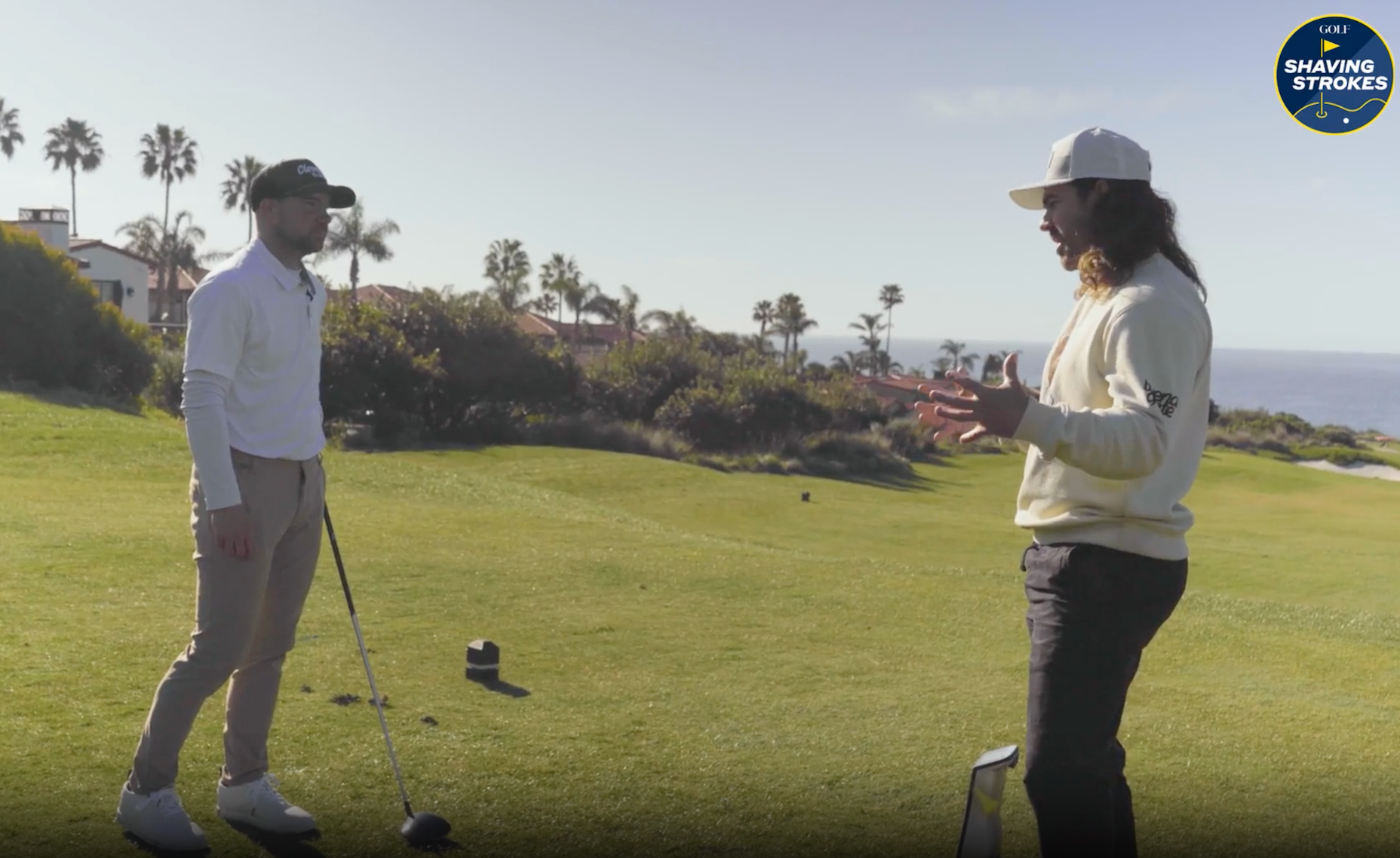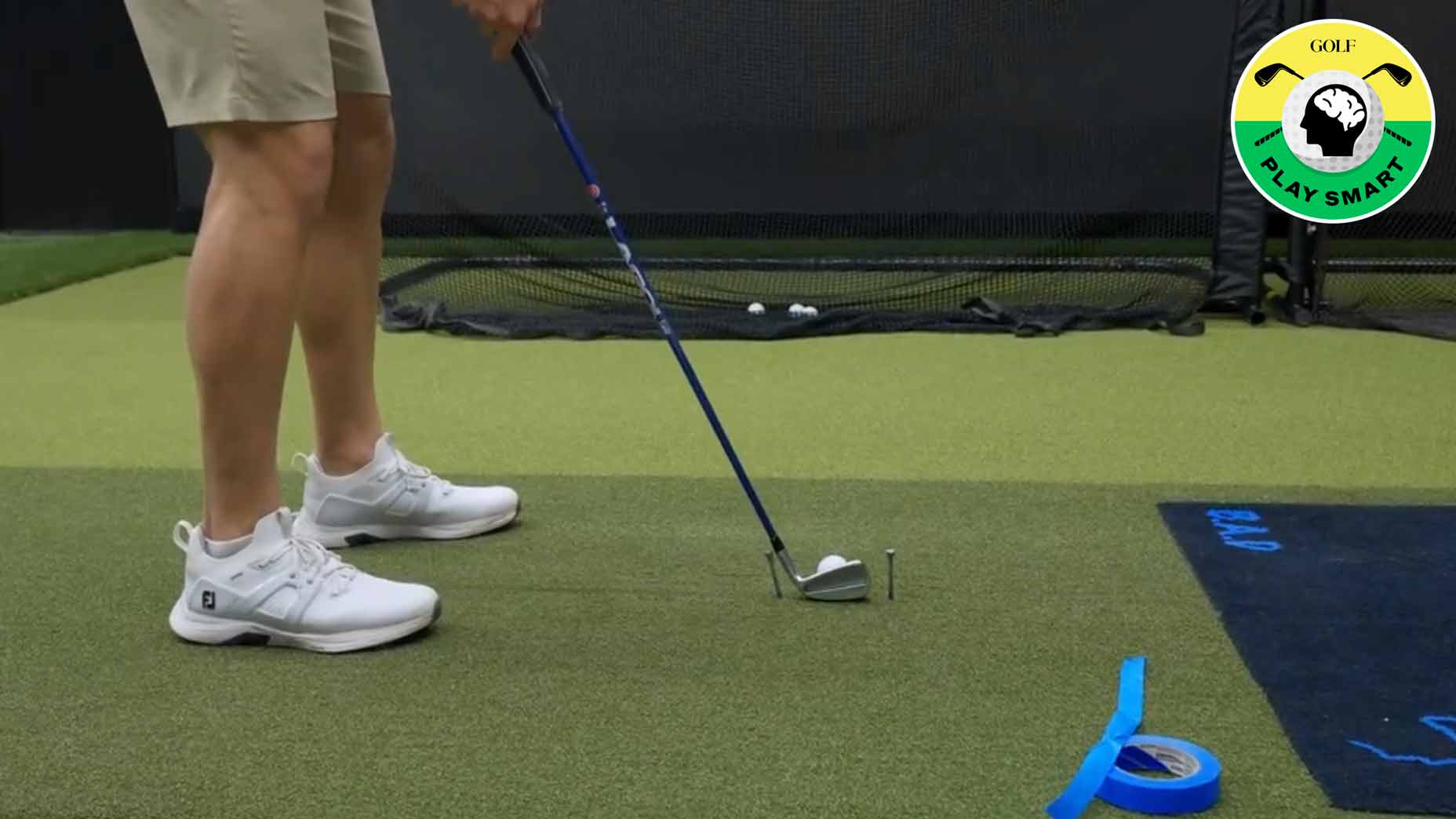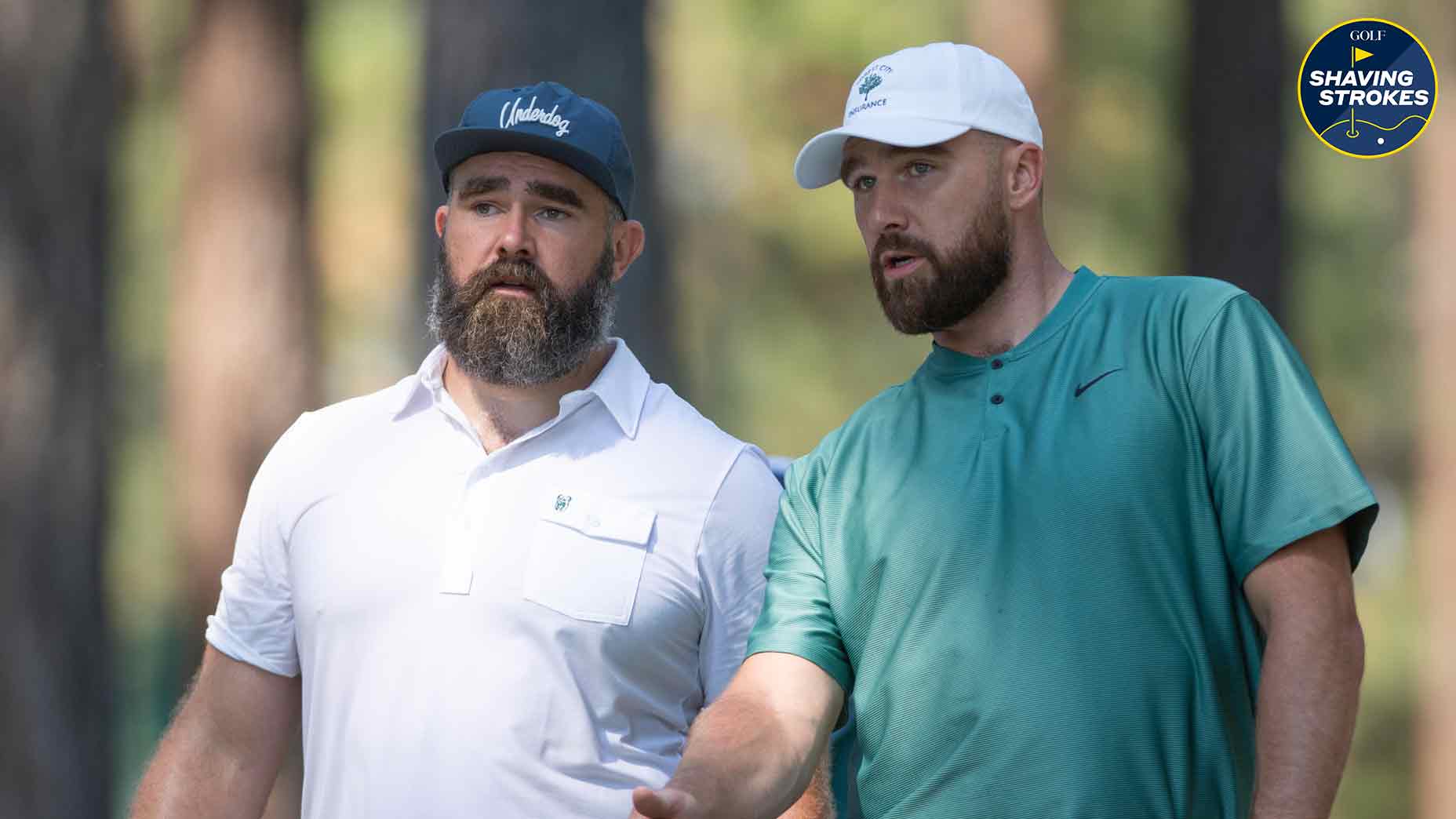Try this Tour pro’s favorite putting drills to dial in your stroke

After a breakthrough season on the putting surface, Sam Ryder shares his tips.
Getty Images
With his sights fully set on this week’s FedEx St. Jude Championship, Sam Ryder knows what it’s going to take to help him compete in these playoffs: Putting.
Every golfer knows that precision with the flat stick is what can make or break a round, but not every amateur knows what drills to most focus on in order to see short game gains.
But Ryder wants to help.
One area that the pro has made massive improvements in over the past year is putting. Just look at some of his key statistical areas year-over-year.
Sam Ryder in 2021-22
79th in SG: Putting
48th in Putting Average
73rd in Putts Per Round
Sam Ryder in 2022-23
8th in SG: Putting
4th in Putting Average
10th in Putts Per Round
Locking in on the putting surface has helped Ryder go from a 108th-place finish in the FedEx Cup last season to his currently standing of 63rd entering this week.
Golf instructor Brendon Elliott has known Ryder since he was in high school. With that type of relationship, Elliott recently asked Ryder to share some thoughts on his improvement this year on the greens.
“I’ve mostly stayed the same technically,” says Ryder. “One change I have made, however, is hovering the putter. I’ve done this in the past, depending on the type of grass we are playing on. Hovering the putter cleans up the takeaway of my stroke.
“When doing it, there’s no sudden change in tension in my hands and arms, which allows me to keep my tempo consistent. This also helps reduce any big change in acceleration or deceleration of my stroke. Hovering basically helps me with speed control.”
In addition to Ryder hovering his putter, Elliott also asked him about three other tips to conquer the greens. Check out what he had to say below.
Sam Ryder’s Top 3 putting drills
One of the biggest factors in having success in golf is the mental component. This is something that Ryder talked about with Elliott, saying confidence on the greens is where scorecards can be most impacted.
“Mentally, I have been focused on getting committed to my speed and line and then trying to ‘free up’ as much as possible,” said Ryder. “I have done the technical work, and have developed confidence in my stroke and my ability as a putter, so I try to commit and trust what I’m doing.”
In order to gain that level of confidence, Ryder suggests trying these putting drills.
1. Block technical drill on mirror
Having a fundamentally sound and consistent setup has been one of the most important improvements in Ryder’s putting.
In this drill, Ryder finds a relatively straight 5-footer and sets the mirror at the center of the hole. The eye-line mirror he uses also has a shoulder attachment, so he basically goes through his routine and looks to make sure his left eye is over the ball and his shoulders are square.
The mirror also has places for tees to be placed as gates, which helps him ensure that he’s consistently making a solid stroke.
2. ‘Makes’ drill
In this drill, you’ll be hitting 50 putts from three to 12 feet.
Start by placing five balls around a hole, three feet away, trying to make each of them.
Next, place five balls around a hole, 12 feet away, trying to make each of those.
Then try five putts from four feet away, and five from 11 feet away…and so on.
Try to change holes every time you change distances.
Says Ryder, “This drill gets me in the mode of seeing putts go in. I feel very accomplished after I finish it. Keep track of how many putts you make, and you can compete against yourself or friends to get the highest score possible.”
3. Speed drill
Place two coins 2.5 feet apart. Then set tees at 15, 20, 25, 30, and 35 feet from the coins.
Starting at 15 feet, hit a putt, finishing between the two coins. Then go to 20 feet, trying to do the same. Then 25 feet… and so on.
If you fail to get the ball to stop between the coins, start over until you can go through the ladder without missing. You can do this drill uphill and downhill.
For beginner golfers, you can try to stop a ball between the coins at each length instead of trying to make them consecutively. Pace is a crucial skillset, too.


